North Korean Athletes May Face Disciplinary Action Over Controversial Selfie at Paris Olympics
Recent reports indicate that North Korean athletes Ri Jong-sik and Kim Kum-yong, who achieved a silver medal in the mixed team table tennis event at the 2024 Paris Olympics, may face disciplinary action for a rather unusual cause. This potential punishment stems from a selfie they took with competitors from rival nations, which has sparked controversy within their home country. The photograph features the gold medal-winning Chinese team and the bronze medalists from South Korea, showcasing a moment of camaraderie that has not been well-received by North Korean authorities.
According to The Telegraph, both athletes, along with others returning from the Paris Olympics, are currently undergoing what is deemed an “ideological assessment.” This evaluation, as reported by The Daily NK, is a standard procedure in North Korea aimed at mitigating any perceived “contamination” from foreign influence. Unnamed officials have relayed that Ri Jong-sik and Kim Kum-yong have been admonished for their apparent friendliness, namely their smiles, with South Korean competitors, which is viewed negatively in a nation that remains technically at odds with its neighbor.
The selfie, which was taken by South Korean athlete Lim Jong-hoon, has garnered considerable global attention, not only for its demonstration of sportsmanship amidst geopolitical tensions but also for its symbolic elements, including the presence of a Samsung smartphone—an emblem of South Korean innovation and a sponsor of the Olympics. Such illustrations of cross-border interaction have stirred intrigue particularly within South Korea, where media outlets like the JoongAng Ilbo emphasize the socio-political implications of this moment.
The ramifications of this incident could be severe, as historical precedents in North Korea have shown. Following the underperformance of the national team in the 2010 FIFA World Cup, players encountered public reprimands lasting several hours, and head coaches were reassigned to labor-intensive duties as punitive measures. It has been documented that North Korean authorities had communicated stringent guidelines to their athletes ahead of the Olympics, explicitly disallowing any interactions with South Korean or other foreign competitors. Any infringement of these protocols is traditionally met with stringent repercussions.
As the situation unfolds, it remains to be seen whether these athletes will be subjected to the anticipated disciplinary measures for their seemingly innocuous actions of goodwill on the international stage. This incident not only highlights the intense scrutiny faced by North Korean athletes but also reflects the broader implications of sporting relations in a region fraught with historical conflict.
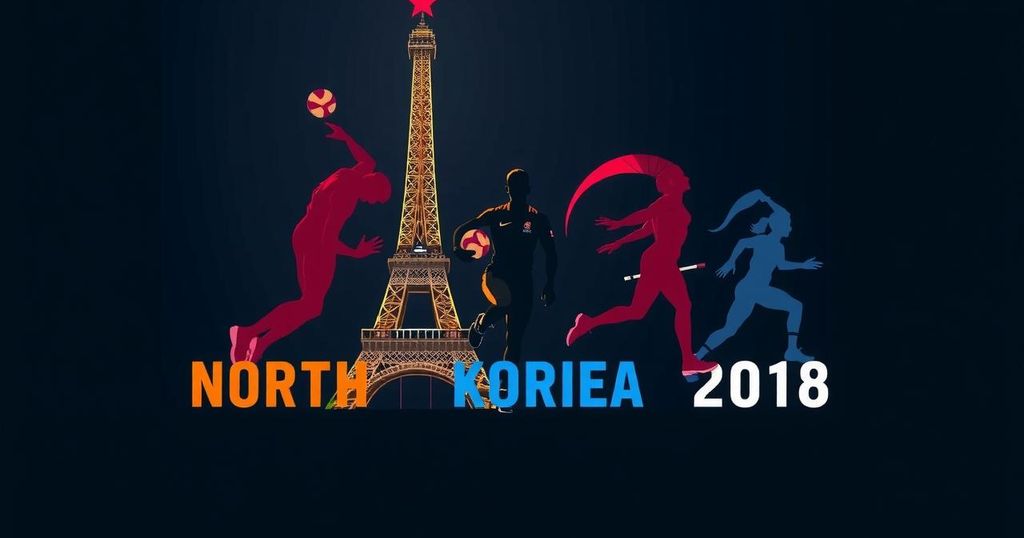
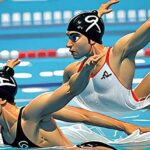
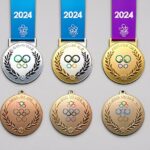
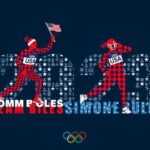

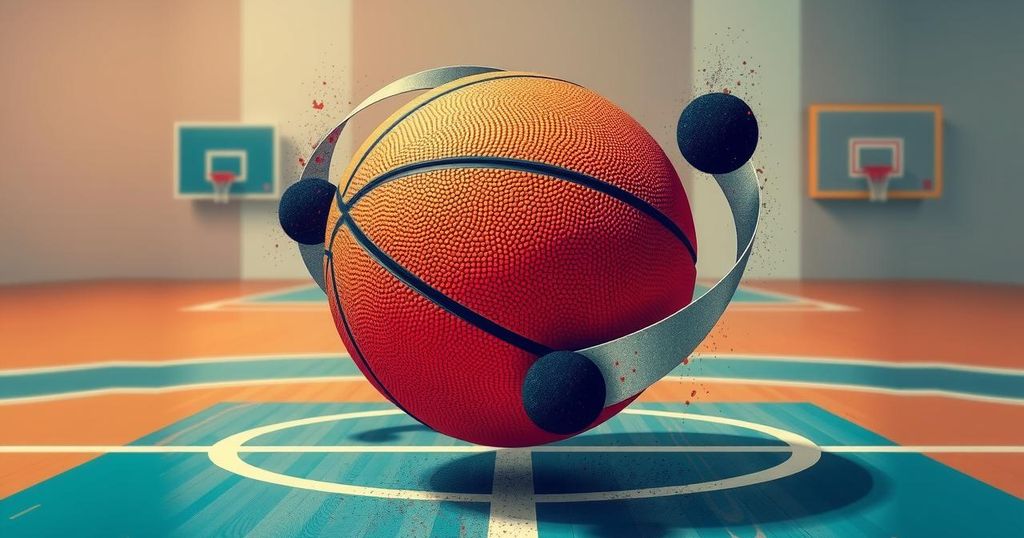
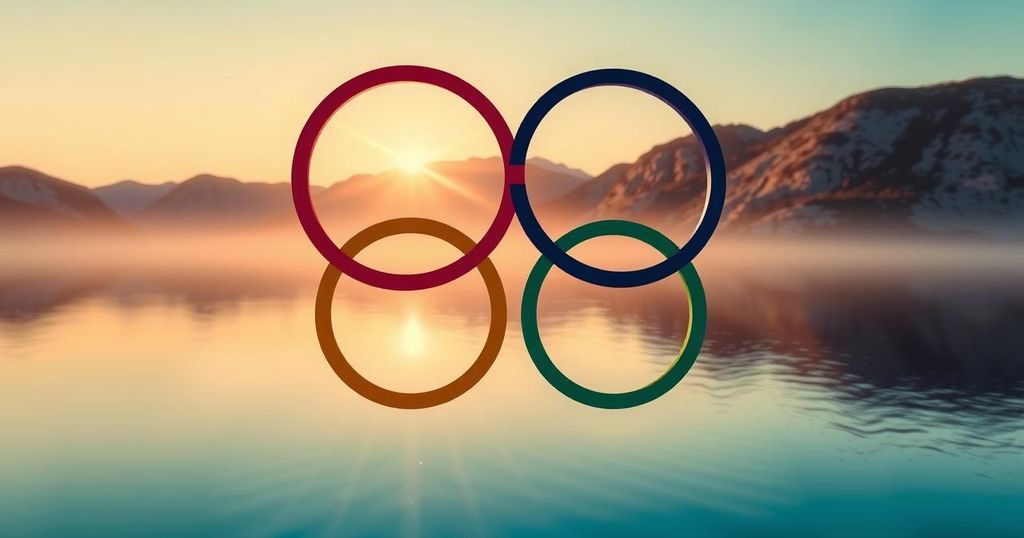
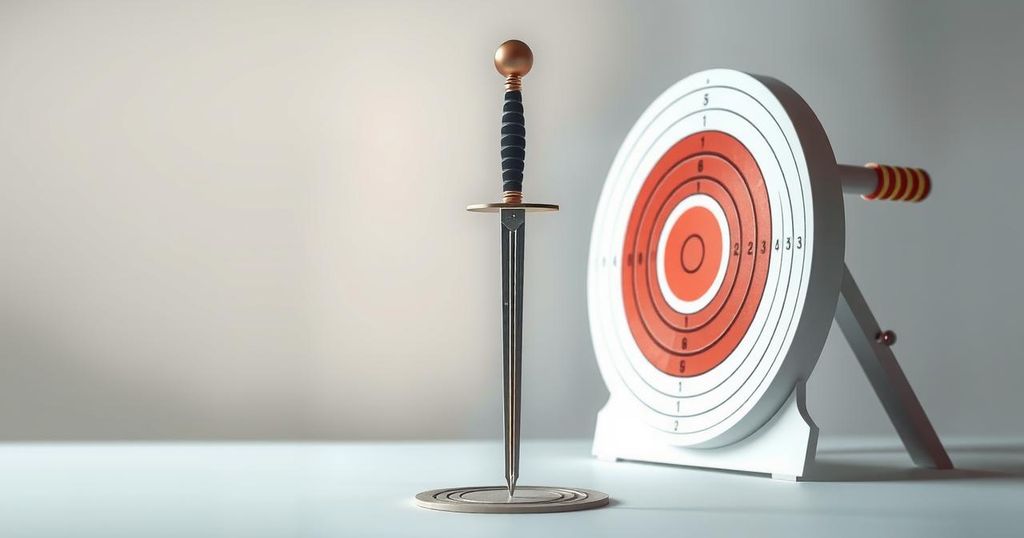
Post Comment